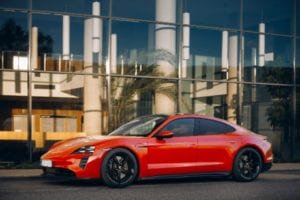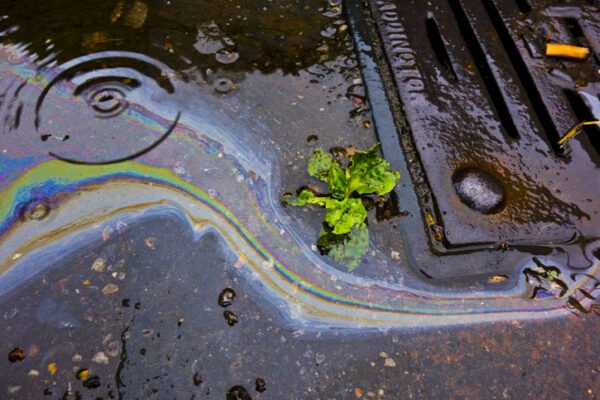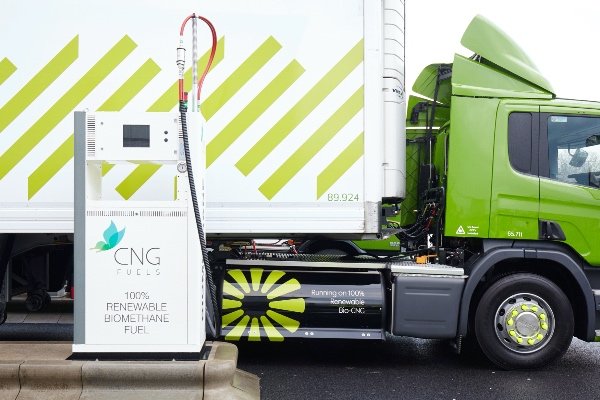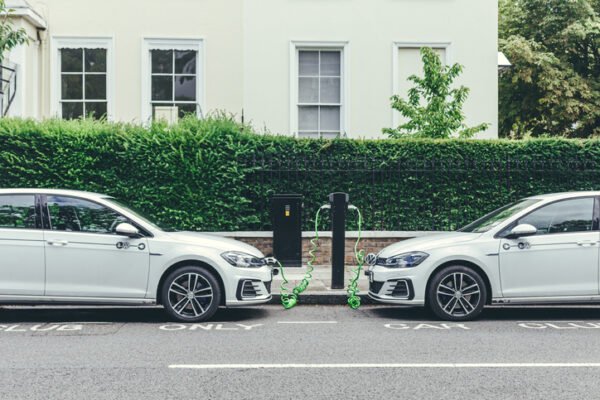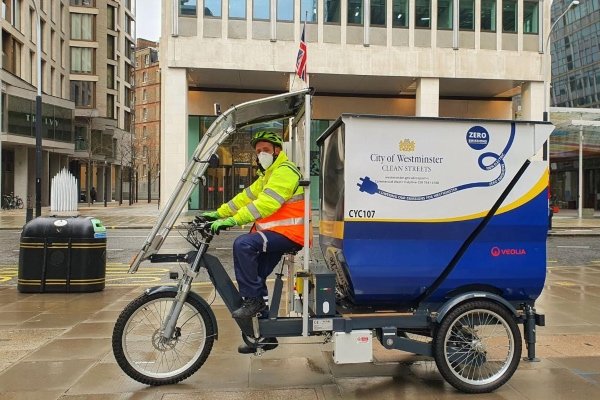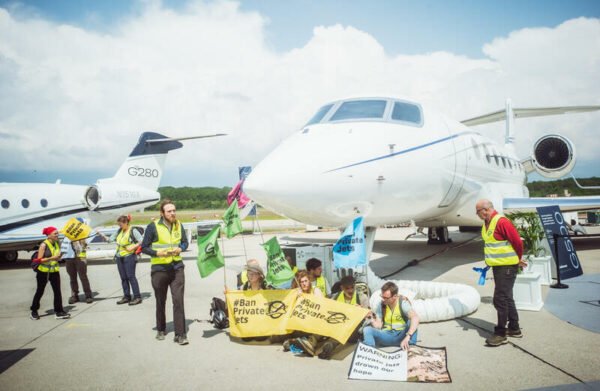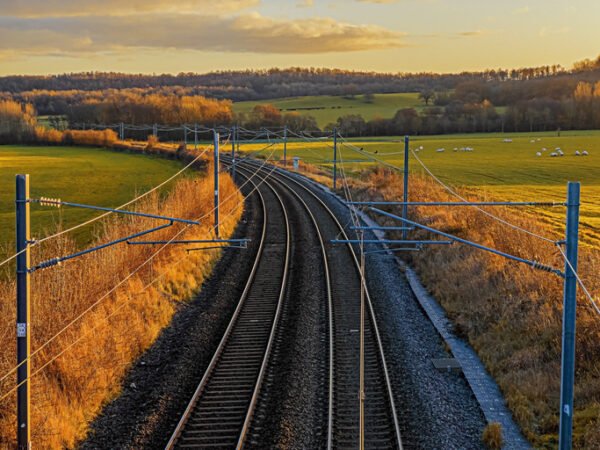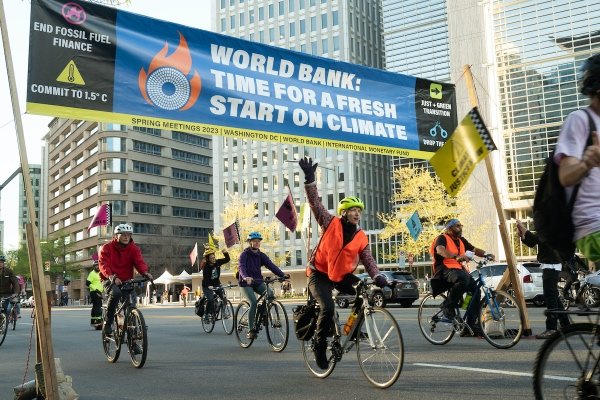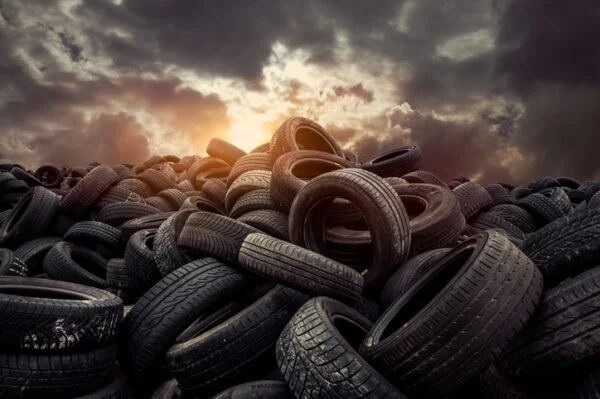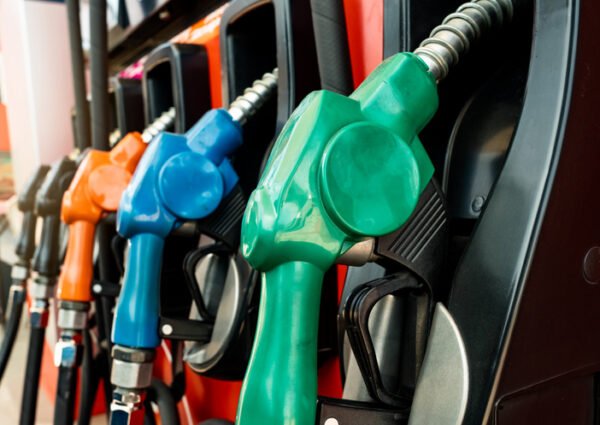Yesterday (14 July), Transport Secretary Grant Shapps announced the UK’s Transport Decarbonisation Plan, designed to create cleaner air, healthier communities and tens of thousands of new green jobs.
With just months to go until major climate summit COP26, the plan provides a ‘greenprint’ to cut emissions from our seas and skies, roads and railways, setting out a pathway for the whole transport sector to reach net zero by 2050.
Cleaner transport will create and support highly skilled jobs; the production of zero emission road vehicles alone has the potential to support tens of thousands of jobs worth up to £9.7 billion GVA in 2050.
This will also ensure the air we breathe is cleaner in our communities, and reduce time spent in traffic.
Phasing out diesel and petrol
As part of this vision, the government has also announced its intention to phase out the sale of new diesel and petrol heavy goods vehicles (HGVs) by 2040, subject to consultation.
Combined with the 2035 phase out date for polluting cars and vans, this represents a world-leading pledge to phase out all polluting road vehicles within the next two decades.
The consultation proposes a 2035 phase out date for vehicles weighing 3.5-26 tonnes and 2040 for vehicles weighing more than 26 tonnes – or earlier if a faster transition seems feasible.
£2.8 billion has been pledged to help industry and motorists make the switch to cleaner vehicles.
‘The UK’s world-leading targets on the electrification of road transport, now including trucks, show this government can do the right thing, but their vision for transport still seems limited to roads, with healthier and more sustainable modes of transport overlooked.
‘Electric vehicles reduce the carbon emissions from road transport, but do nothing to reduce the volume of traffic blighting our towns and cities. If we want our roads to be as pleasant to use as the roads in car adverts, we’ll need to get a lot of people and a lot of goods off them, and that means government support for rail and active travel at a level we haven’t seen yet.’
DR DOUG PARR
Chief scientist for Greenpeace UK
‘Doing the same things differently’
£2 billion investment has also already been pledged for cycling and walking, and the Transport Decarbonisation Plan sets out how the government will improve public transport and increase support for active travel. The goal is to make them the natural first choice for all who can take them.
The plan sees the creation of a net zero rail network by 2050, net zero domestic aviation emissions by 2040 and leadership in the transition to green shipping.
‘Transport is not just how you get around. It is something that fundamentally shapes our towns, cities, and countryside, our living standards and our health. It can shape all those things for good, or for bad. Decarbonisation is not just some technocratic process. It’s about how we make sure that transport shapes quality of life and the economy in ways that are good.
‘It’s not about stopping people doing things: it’s about doing the same things differently. We will still fly on holiday, but in more efficient aircraft, using sustainable fuel. We will still drive, but increasingly in zero-emission cars.
‘The Transport Decarbonisation Plan is just the start – we will need continued efforts and collaboration to deliver its ambitious commitments, which will ultimately create sustainable economic growth through healthier communities as we build back greener.’
GRANT SHAPPS
Transport Secretary
 Play Video about This Rock Might Just Save The World
Play Video about This Rock Might Just Save The World Play Video about Play 2 hours of rock
Play Video about Play 2 hours of rock Play Video about Play 2 hours of brook
Play Video about Play 2 hours of brook Play Video about Play 2 hours of sheep
Play Video about Play 2 hours of sheep


















